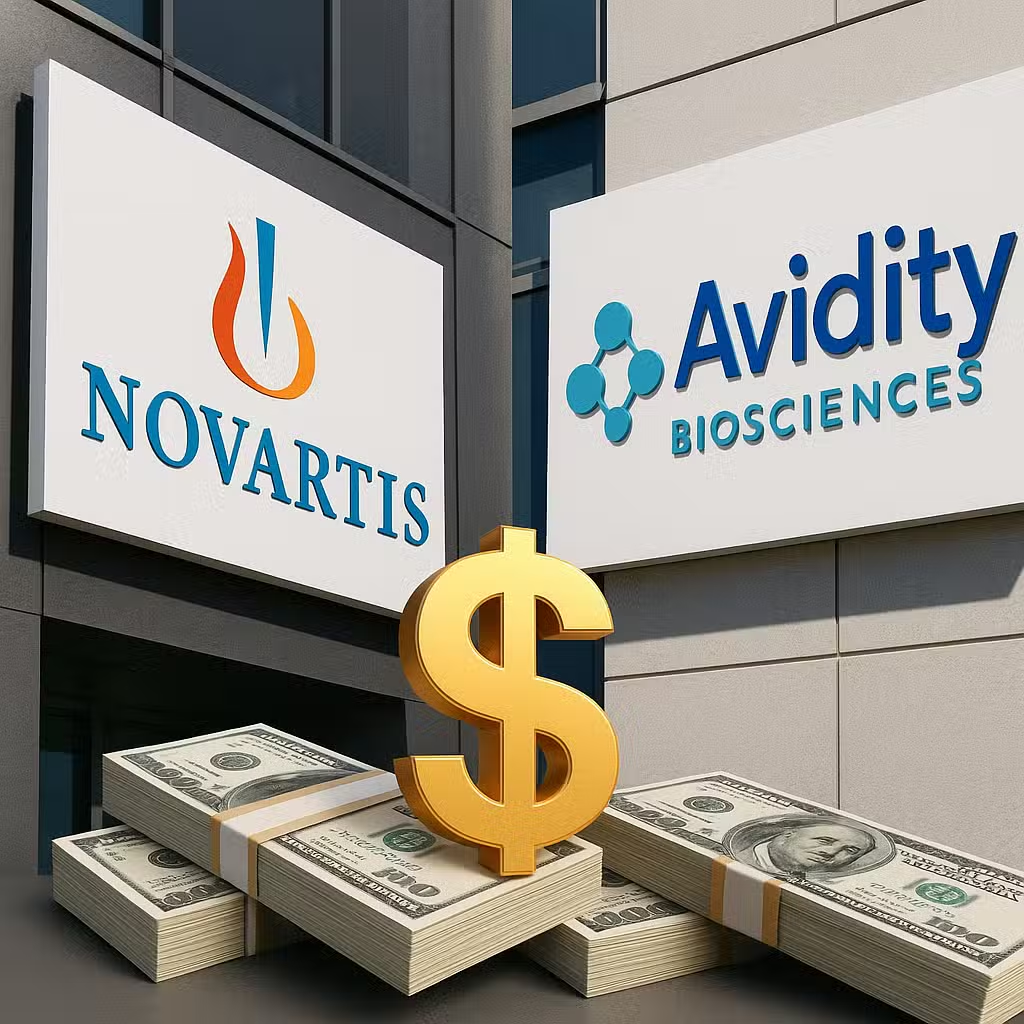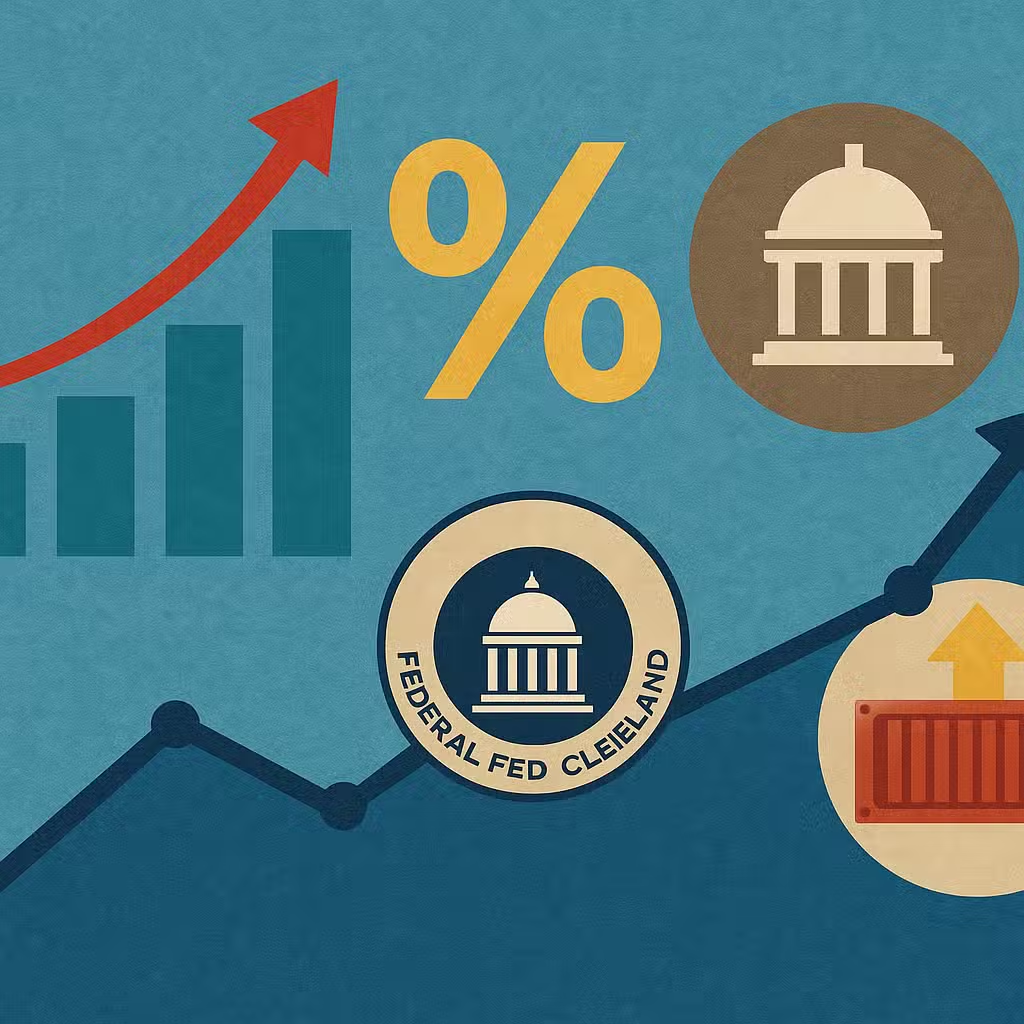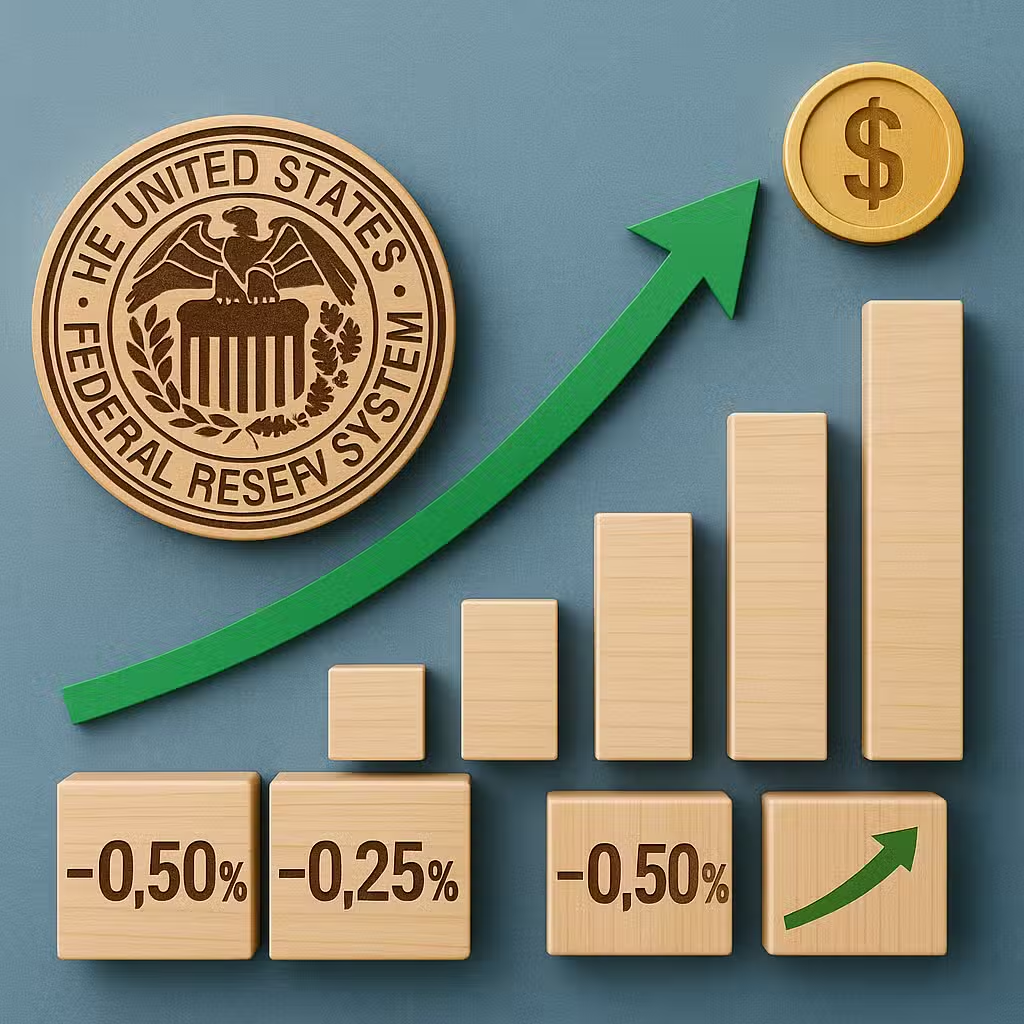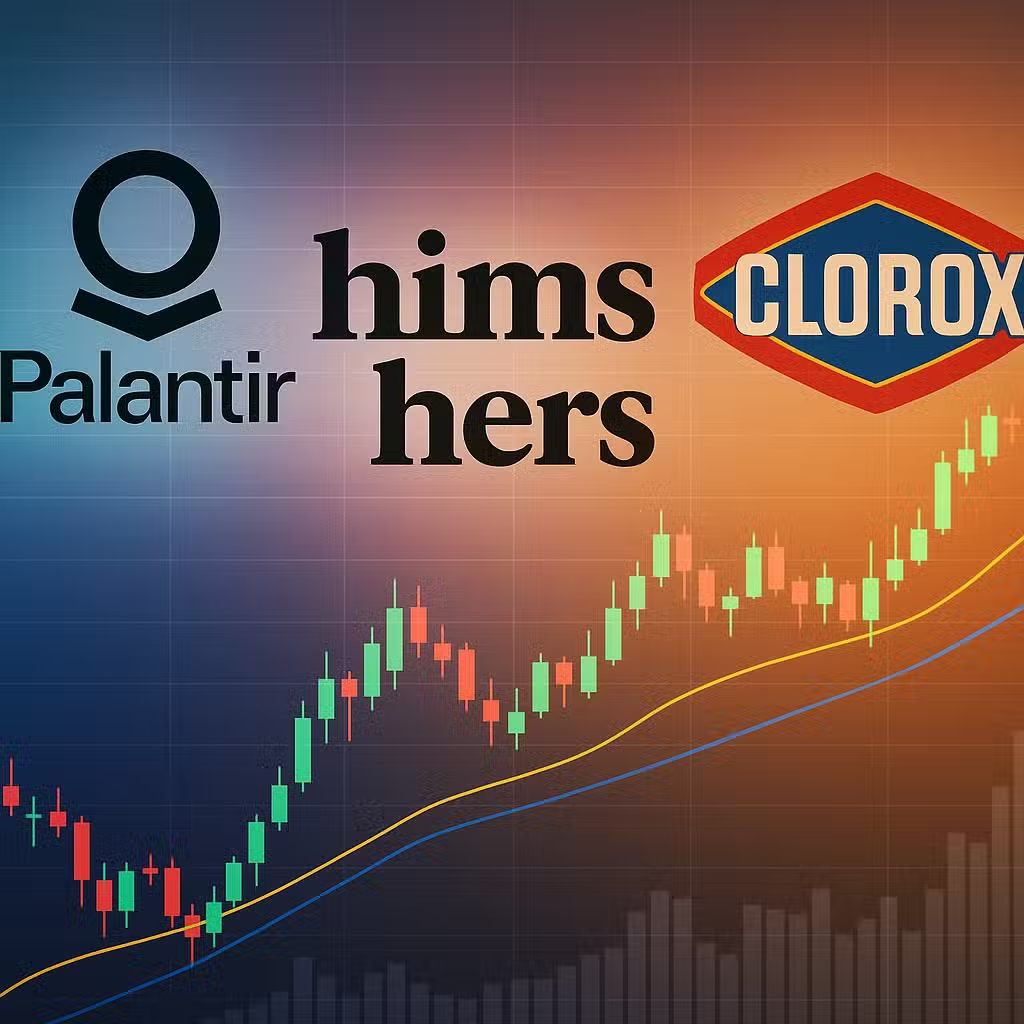Novartis Buys Avidity Biosciences in $12 Billion Deal to Expand Rare Disease Portfolio
Think of this deal like a sports team signing a star rookie—Novartis is paying big money to bring fresh talent (Avidity Biosciences) onto its team, hoping to win more games in the future. For investors, it’s a move that could shake up the healthcare sector and your portfolio.
What’s Happening?
Novartis, a huge Swiss drug company, just agreed to buy Avidity Biosciences, a smaller American biotech firm, for about $12 billion in cash. This is a big deal because Avidity works on new medicines for rare muscle diseases—areas where there aren’t many treatment options yet.
If you own Avidity stock, you’ll get $72 per share. That’s 46% more than what the stock was worth last Friday. This kind of premium usually excites shareholders and can drive up biotech sector interest.
Why Is Novartis Doing This?
Novartis is facing what’s called a “patent cliff.” Some of its best-selling drugs—like Entresto (for heart problems), Xolair (for asthma), and Cosentyx (for immune diseases)—will soon lose their patents. When that happens, cheaper versions can hit the market, and Novartis could lose a lot of money.
By buying Avidity, Novartis hopes to fill that gap with new, innovative treatments, especially in rare diseases where there’s less competition.
Bull Case: Why Investors Might Cheer
- Rare disease market is growing: Treatments for rare diseases can be very profitable. The global rare disease drug market could reach $547 billion by 2027 (Fierce Pharma).
- First-in-class drugs: Avidity’s new medicines use special RNA technology to target muscle diseases directly. This could lead to breakthrough treatments.
- Premium buyout: The 46% premium is a strong show of confidence. Big deals like this often boost other biotech stocks.
- Strategic U.S. presence: The deal helps Novartis stay strong in the U.S., especially with talk of new tariffs on Swiss goods.
Bear Case: Risks and Doubts
- Unproven drugs: Avidity’s main medicines are still in early tests. Many new drugs fail before they ever reach patients.
- High price tag: $12 billion is a lot for a company with no approved products yet. If the drugs don’t work out, Novartis could lose big.
- Patent cliff pressure: Even with this deal, Novartis still faces big revenue drops as old drugs lose patent protection.
- Tariff and policy risks: Changes in U.S. trade rules or tariffs could make business harder for foreign drug companies.
What Else Should Investors Know?
Avidity is also splitting off its early heart drug research into a new company, Spinco, which could go public. This adds another layer of opportunity (or risk) for those looking at the biotech space.
Other drug giants—like Johnson & Johnson, Roche, and Sanofi—are also investing billions in the U.S. to protect themselves from possible trade issues. It’s a sign that healthcare companies are preparing for a changing global market.
Deals like this are becoming more common. In 2023, health sector mergers and acquisitions reached $225 billion worldwide, the highest since 2019 (Bain & Company).
Investor Takeaway
- Watch the rare disease sector: Big drugmakers are betting on rare diseases. Biotech ETFs or stocks in this space could see more action.
- Stay cautious with unproven drugs: Early research can bring high rewards—or big losses. Diversify your healthcare holdings.
- Monitor trade policies: U.S. tariffs and global politics are starting to matter more for pharma stocks.
- Look for similar deals: Other big healthcare companies may follow with buyouts. Keep an eye on small biotechs with promising pipelines.
- Review your portfolio: If you own Novartis, watch how this deal impacts its stock—especially as old patents expire and new drugs are tested.
For the full original report, see Yahoo Finance







